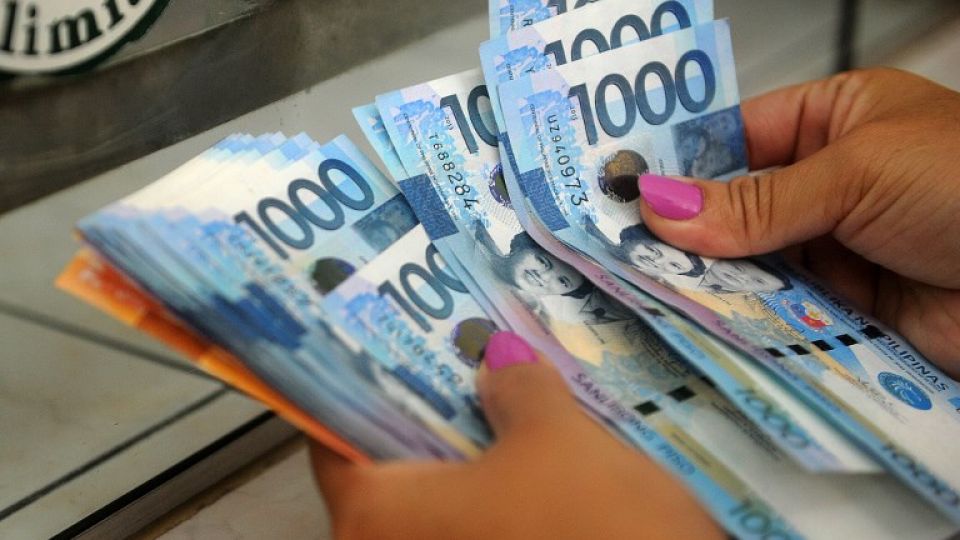January 28, 2020
Closing at 1,524.15 or down 2.89 per cent from the end of trade last week, the Stock Exchange of Thailand (SET) Index plunged on Monday (January 27), amid investors’ concerns over impact of the coronavirus outbreak.
The Stock Exchange of Thailand (SET) Index plunged on Monday (January 27), closing at 1,524.15 or down 2.89 per cent from the end of trade last week amid investors’ concerns over impact of the coronavirus outbreak.
Yuanta Securities (Thailand)’s managing director Padermpob Songkroh said:” holding onto cash is the most practical thing to do in the present situation. Also, investors should follow reports on the coronavirus development from the World Health Organisation (WHO). There are many uncertainties regarding the economic direction”.
“Stocks in the electronics sector are the least affected at the moment,” he added.
Meanwhile, Asia Plus Securities said concerns about the economic situation caused the baht to appreciate to Bt30.63 per US dollar on Monday, the highest level in two and a half months.
However, the baht had weakened recently in line with other currencies in the region, due to economic concerns, outbreak of the virus and geopolitical tensions. The Japanese yen appreciated by 1 per cent on Monday, seen as a safe haven currency by investors.
Weakening of the baht proved positive to stocks relying on exports, such as food and agriculture, due to higher revenues in dollar term.
Stocks in this group include STA, TU, CPF, KSL, and GFPT.
Stocks of electronic component exporters and power companies also reaped benefits from the weakened baht, including DELTA, HANA, KCE, and SVI.
For power plant stocks, the weakened baht led to an increase in revenues from electricity sales as some price calculation formulas are tied to the currency exchange rates.
However, if the baht become weaker at the end of this quarter than the end of the fourth quarter last year, losses will occur from exchange fluctuation.
KGI Securities estimated that the index could fall to its lowest point in mid-February, referring to statistics of the SARS’ outbreak 17 years ago.
“We recommend buying low-risk stocks with high earning stability and outstanding dividends stocks instead of global cyclical stocks,” it said.
Three sectors have been hit hardest by outbreak of the virus: tourism, energy, transportation and airlines with their stocks down by 4.41 per cent 3.37 per cent and 3.31, respectively on Monday.
Meanwhile, Kobsidthi Silpachai, head of capital markets research at Kasikorn Bank said impact on the financial market depended on how fast the virus outbreak could be contained. Many investors pointed to the SARS outbreak in 2002 as a guide, which lasted several months.
The baht was down about 0.4 per cent against US dollar on Monday as investors worried that the virus outbreak could cut into Thai tourism revenue and current account surplus. He said there were many unknown factors that could derail the Thai economy. “Tourism is the last hope beside government spending ,” he said in referring to the delay in the passage of the government budget for fiscal 2020, slow recovery of exports and impact of the virus outbreak on tourism.


